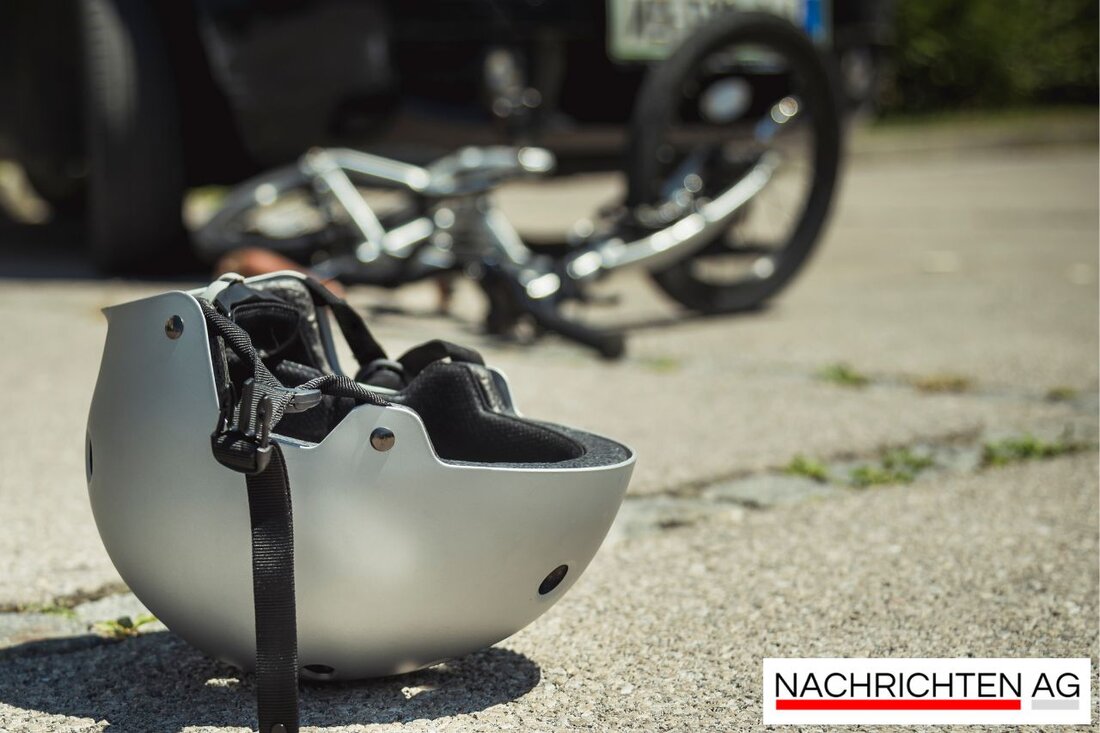Danger! Microplastics in tea – tea bags really are that dangerous!
Lübeck, October 6th, 2025: Discussion about microplastics in tea bags and road safety for cyclists in the Hanseatic city.

Danger! Microplastics in tea – tea bags really are that dangerous!
A hot topic that has been on our minds lately is microplastic pollution in tea bags. According to the most recent reporting, how NDR reported that many commercially available tea bags release microplastics into the tea water. This inconvenient truth surprised not only tea drinkers, but also many manufacturers, who often rely on biodegradable plastics such as polylactide (PLA). Unfortunately, these bags are not compostable and contribute to the microplastic problem.
The alarming results of a study conducted by Hernandez et al. carried out show that five out of six tea bags tested released microplastics - including one organic product. The tea bags were cut open, the tea was removed and then extracted with hot water. A shocking amount of microplastics have been detected, with results averaging 2.3 million particles larger than 1 micron per tea bag. This also confirms a market check that Greenpeace carried out in October 2024, which also confirmed the release of microplastics from plastic bags.
Examination of microplastic particles
The tests used state-of-the-art methods such as scanning electron microscopy and Fourier transform infrared spectroscopy. Loud BfR These microplastic particles found in the bags are a problem, but there is currently no evidence that they cause health damage. The studies show that larger particles are completely excreted in the intestine, while only a small amount of the very small particles could actually enter the bloodstream.
Another aspect is that microplastics are not only found in tea bags, but also in many other products. Research shows that microplastics are pieces smaller than five millimeters and have already been banned in some cosmetics since 2023. This means that the health risks that microplastics could pose are increasingly being brought into the spotlight. One example is the study by Canadian researchers from 2019, which also proved that plastic bags release microplastics at 95 degrees Celsius.
Consumer tips for tea lovers
So what does all of this mean for us tea drinkers? It's a good idea to switch to loose tea, which can be brewed in a reusable strainer. Loose tea not only offers a better ecological balance, but often also a better taste experience. Organic teas in particular can be a good choice here. By giving preference to smaller, simpler alternatives, we can not only pamper our taste buds, but also contribute to reducing microplastics.
Another topic that is causing a lot of discussion in the region is the safety of cyclists. The “Lindeneller” in Lübeck is considered one of the most dangerous traffic circles in Germany. Difficult situations there on a daily basis are not uncommon. The discussion about improving bike paths has gained momentum recently, and not without reason. In Hamburg there are plans to tighten the rules for terminations for personal use in order to protect tenants. Tenants' associations and specialized lawyers are available to provide assistance.
Whether it's buying tool cases, renting an apartment or drinking tea - the current developments concern us more than ever. Stay informed and check what's on your daily shopping list.

 Suche
Suche
 Mein Konto
Mein Konto